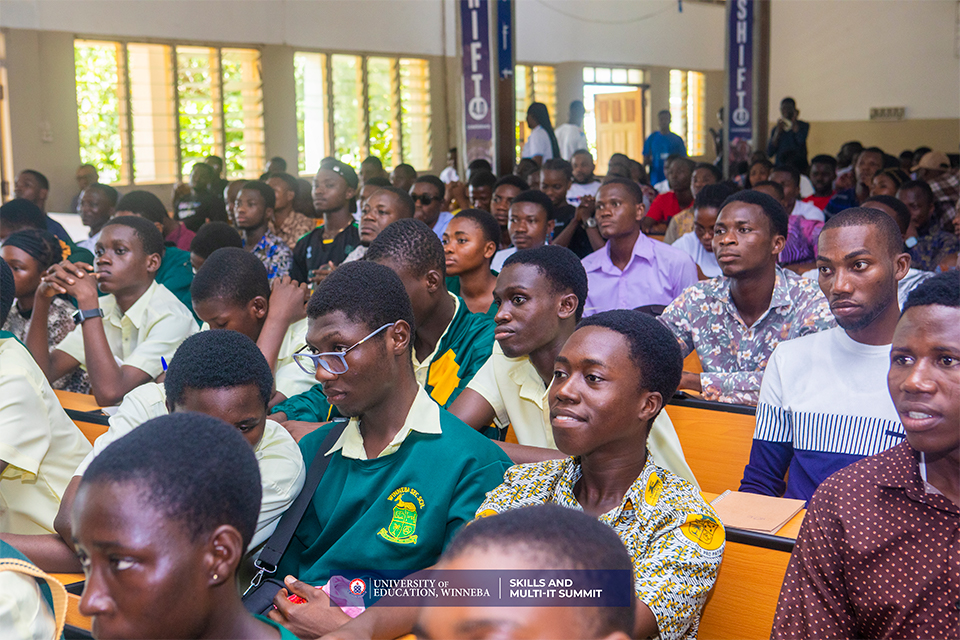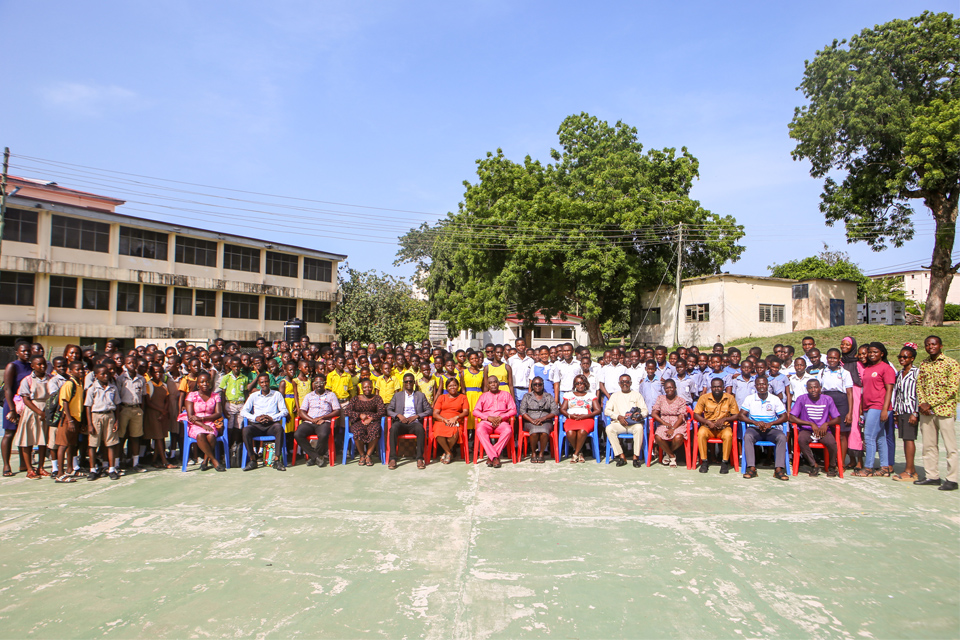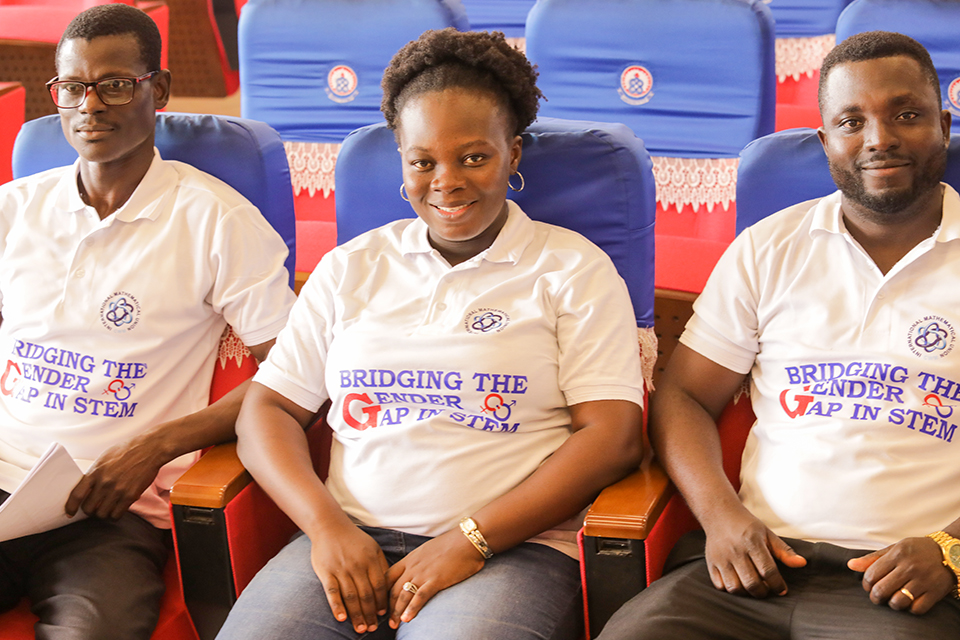UEW Hosts Multi-IT Skills Summit to Equip Students for 21st-Century Careers
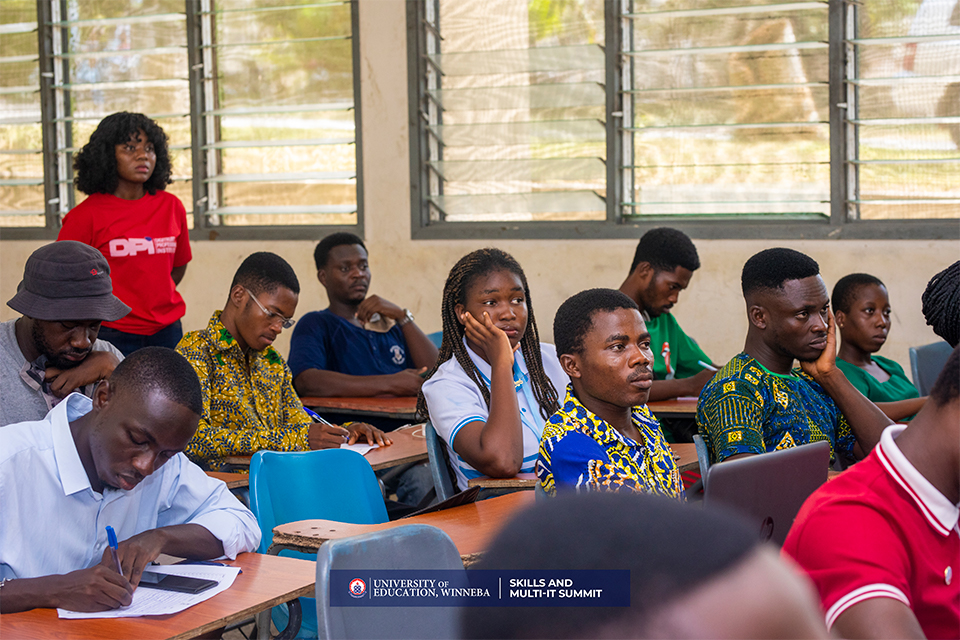
The University of Education, Winneba (UEW) hosted a transformative Skills Summit, bringing together experts and students to discuss strategies for thriving in an era of rapid technological change.
The event, organised by the Institute for Liberty and Policy Innovation (ILAPI) in collaboration with UEW’s Department of Mathematics Education and ICT Club, provided an insightful platform to address the critical theme: "Scaling for 21st Century Jobs with Competence and Confidence."
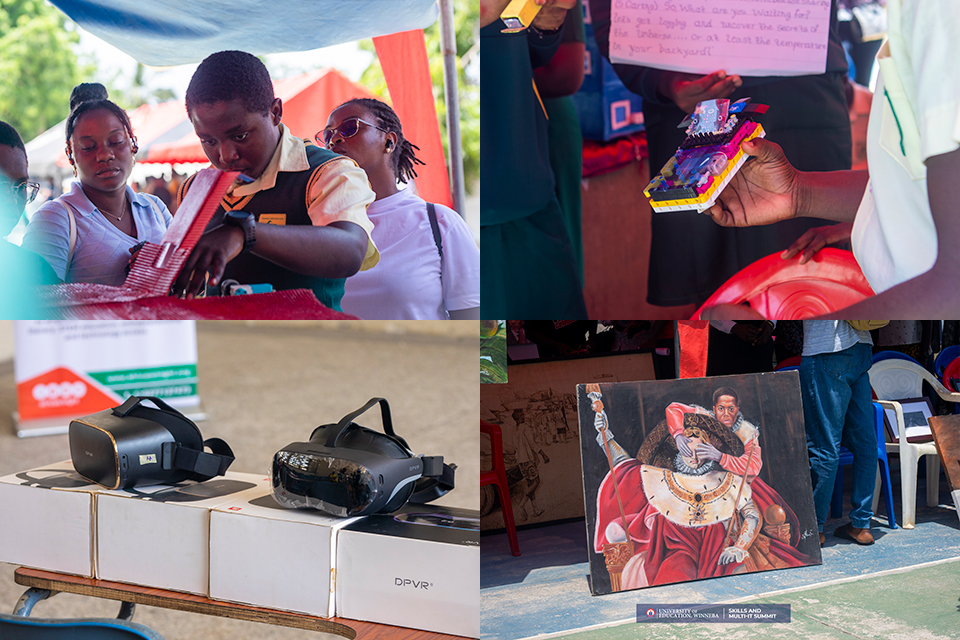
The summit included hands-on training sessions in robotics, virtual reality assistance (VRA), coding and programming, video editing, digital marketing, data analysis, graphic design, diplomacy, study abroad opportunities, CV clinics, and public speaking. These sessions provided participants with a practical understanding of the evolving digital landscape.
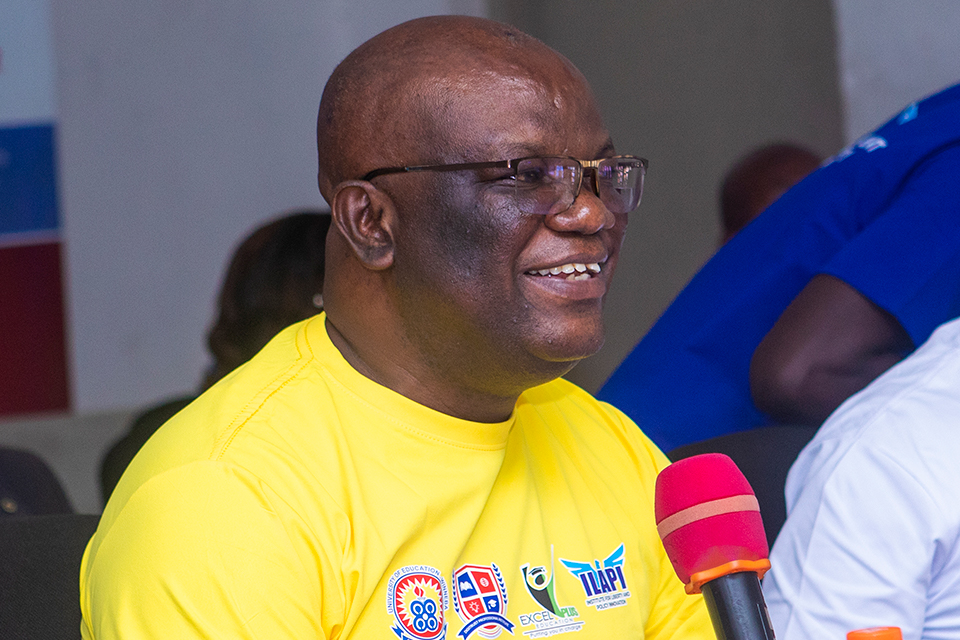
Prof. Victor Antwi, Pro-Vice-Chancellor of UEW, chaired the occasion. He underscored the growing importance of skills acquisition beyond traditional qualifications. He also highlighted the significance of critical thinking, digital literacy, creativity, communication, and collaboration in preparing students for the ever-evolving job market.
“We live in an era defined by rapid technological advancements and evolving industries, where traditional qualifications alone are no longer sufficient. To thrive in the 21st century, we must equip ourselves with skills that keep pace with change,” he stated.
The Pro-Vice-Chancellor encouraged students to embrace lifelong learning, adaptability, and innovation to remain relevant in an increasingly competitive world.

Delivering the keynote address, Prof. Samuel Kwesi Asiedu-Addo of the Department of Mathematics Education at UEW expanded on the theme with a thought-provoking discussion on how regulatory policies impact business innovation and job creation. Addressing the sub-theme "Fewer Regulations Bring Business Innovation and Job Creation," he called for a balance between essential oversight and nurturing an entrepreneurial ecosystem.
“The regulatory framework in any economy is intended to protect consumers, ensure safety, and preserve fair competition. However, excessive or outdated regulations often become barriers rather than safeguards, stifling entrepreneurship, discouraging risk-taking, and hindering economic growth,” he explained.
Prof. Asiedu-Addo cited examples from various industries, noting how minimal regulations in the early days of the internet allowed tech giants like Google, Amazon, and Facebook to flourish, creating millions of jobs globally. Conversely, he emphasised the pharmaceutical industry as a sector where excessive regulations hinder innovation, particularly for smaller firms that find it challenging to navigate complex bureaucratic processes.
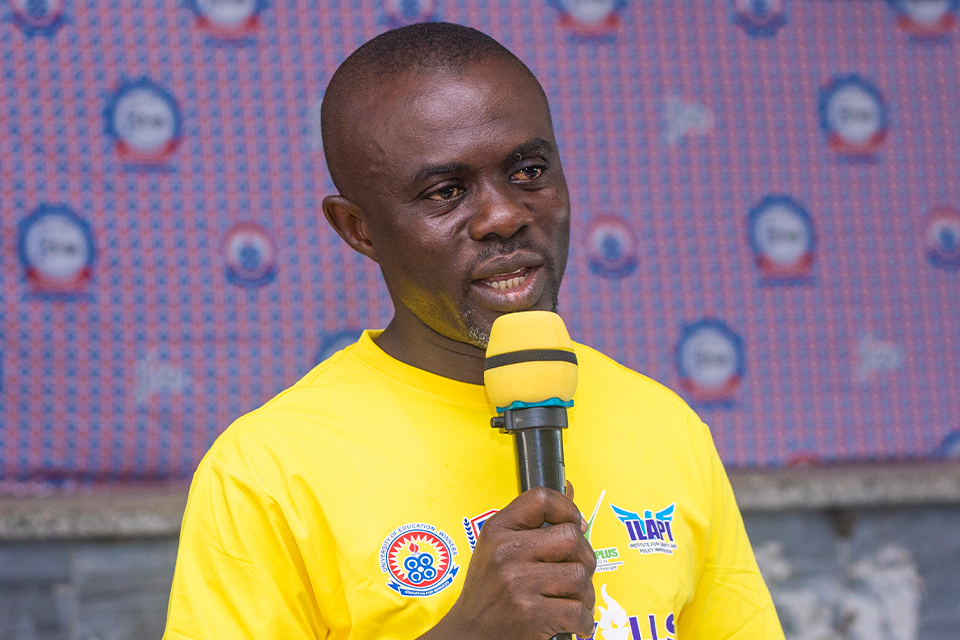
Dr. Sylvester Ali Frimpong, Acting Head of the Department of Mathematics Education at UEW, highlighted the summit’s inception and significance. "Last year, we had a similar programme initiated by two of our students, Beatrice Asamoah and Marlene Ayisi Ayele. The goal was to prepare students for the challenges ahead as they transition from academia to industry. This collaboration with ILAPI, led by Mr. Peter Bismark Kwofie, has now become an annual event," he stated.
Dr. Frimpong emphasised the summit's theme, underscoring the necessity for digital and technological literacy, critical thinking, and problem-solving skills in the evolving job market. He also stressed the integration of Science, Technology, Engineering, Arts, and Mathematics (STEAM) education as a crucial approach to developing creative and innovative problem solvers. He commended Mr. Peter Bismark Kwofie for his advocacy and dedication to promoting youth development outside the academic environment.
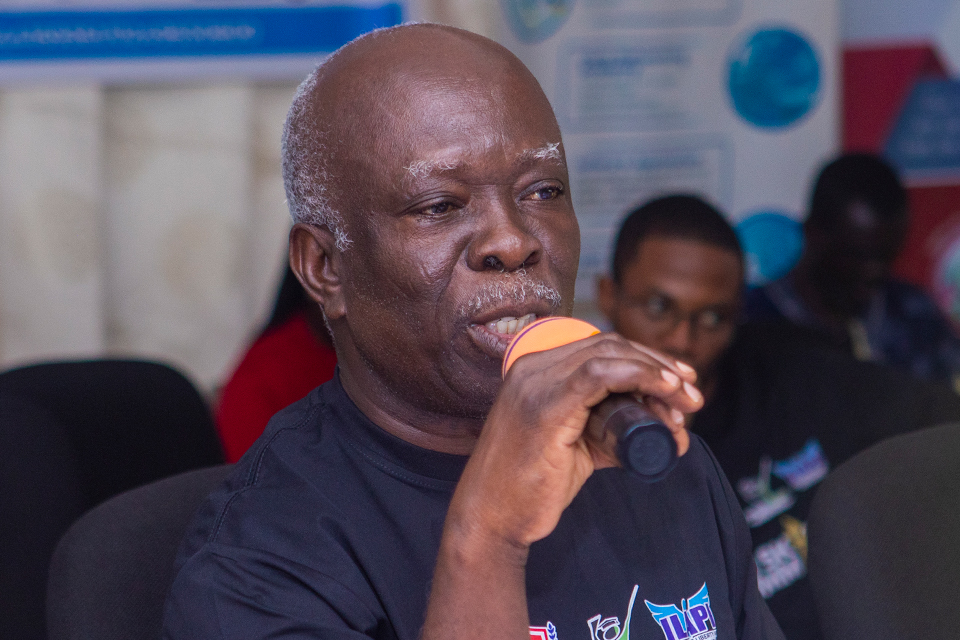
Prof. Victus Samlafo, Dean of the Faculty of Science Education at UEW, encouraged students to take charge of their professional development. "Success in the 21st century belongs to those who are skilled, adaptable, and confident. Equip yourselves with practical skills, digital know-how, and critical thinking to excel in modern careers," he advised.
The event served as a clarion call for students to embrace continuous learning, entrepreneurship, and collaboration as they prepare for the competitive global workforce. With UEW’s commitment to equipping students with future-ready skills, its graduates will be well-positioned to lead and innovate in the 21st-century job market.
